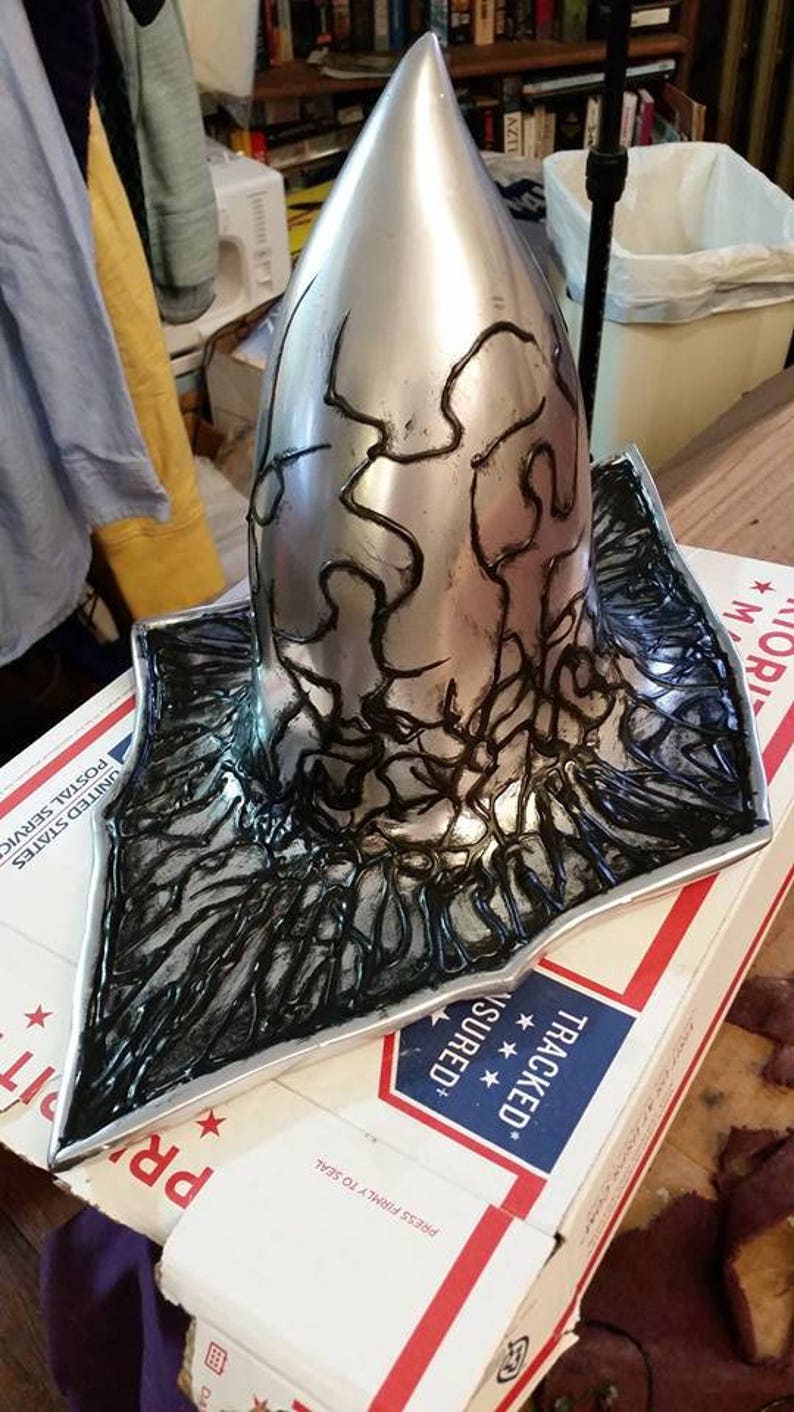


The physical energy, bodily heat, and even sweat and spit of celebrated performers were palpably close to spectators, especially those lucky and wealthy enough to be seated on chairs placed on the stage next to the actors. Great advances in stage machinery and design were ushering in a whole new genre of special-effects plays that recreated mythological marvels, miracles and cosmological journeys before captivated audiences. Corneille had molded French verse into a perfect dramatic instrument, one that Molière and Racine would soon perfect in their own styles, leaving epic and lyrical poetry well behind in prestige and popular favor. As Pascal's remark makes clear, the stage captivated audiences with what seemed a perfect reflection of life, an image of human emotions "so natural and so subtle" that it could equal, and even best, the real thing.īy the mid-seventeenth century, the theater had allied art and technology to create a medium that vanquished all competitors.

Of all the brilliant splendors and alluring vices of baroque France, why would the stern philosopher Pascal dub theater the most dangerous of all social or artistic seductions? The answer is simple: though the period is known for its wildly opulent court festivities, its mania for gambling, and the worldly "gallantry" (as it was then decorously called) of its salons, none of these diversions exercised so forceful a hold on the public as did theater. Norman SESSION 1 : The Age of TheaterĪll great diversions are dangerous for a christian life, but among all those the world has invented none is to be so feared as that given by theater: it creates a representation so natural and so subtle of human passions that it excites and engenders them in our heart. The Theatrical Baroque: European Plays, Painting and Poetry, 1575-1725 BY | Larry F.


 0 kommentar(er)
0 kommentar(er)
